10 Housekeeping tips to improve business performance in Perth
To ensure success in the new financial year, you can do some basic housekeeping to improve business performance in Perth. There is a lot of planning that goes into running a successful business, so with just a little forethought you can make life easier for yourself. Check out our top 10 tips to set you up for a good new financial year.
1. Revisit your business plan
When was the last time you looked at, let alone updated, this critical business plan? Take the time to review it and think about how your business has changed and how this needs to be reflected in your business plan.
2. Set your business goals
What do you want to achieve this year? What do you need to change or implement to ensure you achieve your goals? Be specific so you can actually measure results and see whether you can accomplish them by year’s end. Also make sure you schedule regular reviews to see how you are tracking in relation to your business goals.
3. Build a marketing plan
If you want to grow you need more customers and if you want more customers you need people to know about you. Therefore it’s essential you plan how and when you are going to promote your business. It is also essential that you have money available to spend on business promotion if you are to succeed.
4. Consider your hiring needs
If you plan to grow your business consider whether you need additional staff. Take the time to plan ahead while time permits – this will give you plenty of time to find the right people before things get too busy.
If your budget is tight, consider hiring casual staff instead of full time staff.
5. Invest in technology
If you’ve been putting off purchasing new technology for your business to keep costs down, this could be a false economy. If it will assist you to deliver a better service more efficiently, then it may be worth the investment. Look at your cashflow then consider your options – is it worth getting a loan to help spread the payments to ensure you have cash in reserve, or can you lease or hire equipment in the short term?
6. Make sure you know what’s going on in your industry
Every year you should take the time to research what’s happening in your industry to keep up with changing technology, market demands and new competition in the market. All this information ensures you can stay on the front foot and plan for changes in the near future should they be necessary.
7. Reassess your online brand
Google yourself! Check out your website – does it need refreshing? Also consider what worked for you in terms of marketing this year. This is a great time to tweak your online strategy so that you identify the tools that helped your business grow and cut back on those that didn’t.
8. Get organized
If you’re like a lot of business owners, your desk is cluttered and so is your computer desktop. Spend a few hours cleaning up and discarding things you don’t need. Also tidy up your computer files. This will not only make things easier to find but also save you time and stress.
9. Refresh your employees’ skills
Now is an ideal time to offer supplementary training to your staff to refresh their skills or develop new ones. For example, perhaps they could update their computer skills and knowledge of your software management systems.
10. Get smarter
Your employees aren’t the only ones who could learn more. Are there any skills you are lacking? Is there anything that could make your business more successful? Try to regularly read industry blogs, books, magazines etc to remain up to date with the trends in your industry.
If you would like support in achieving your business goals, call us today on 08 9204 3733 for an obligation free meeting and business review.








